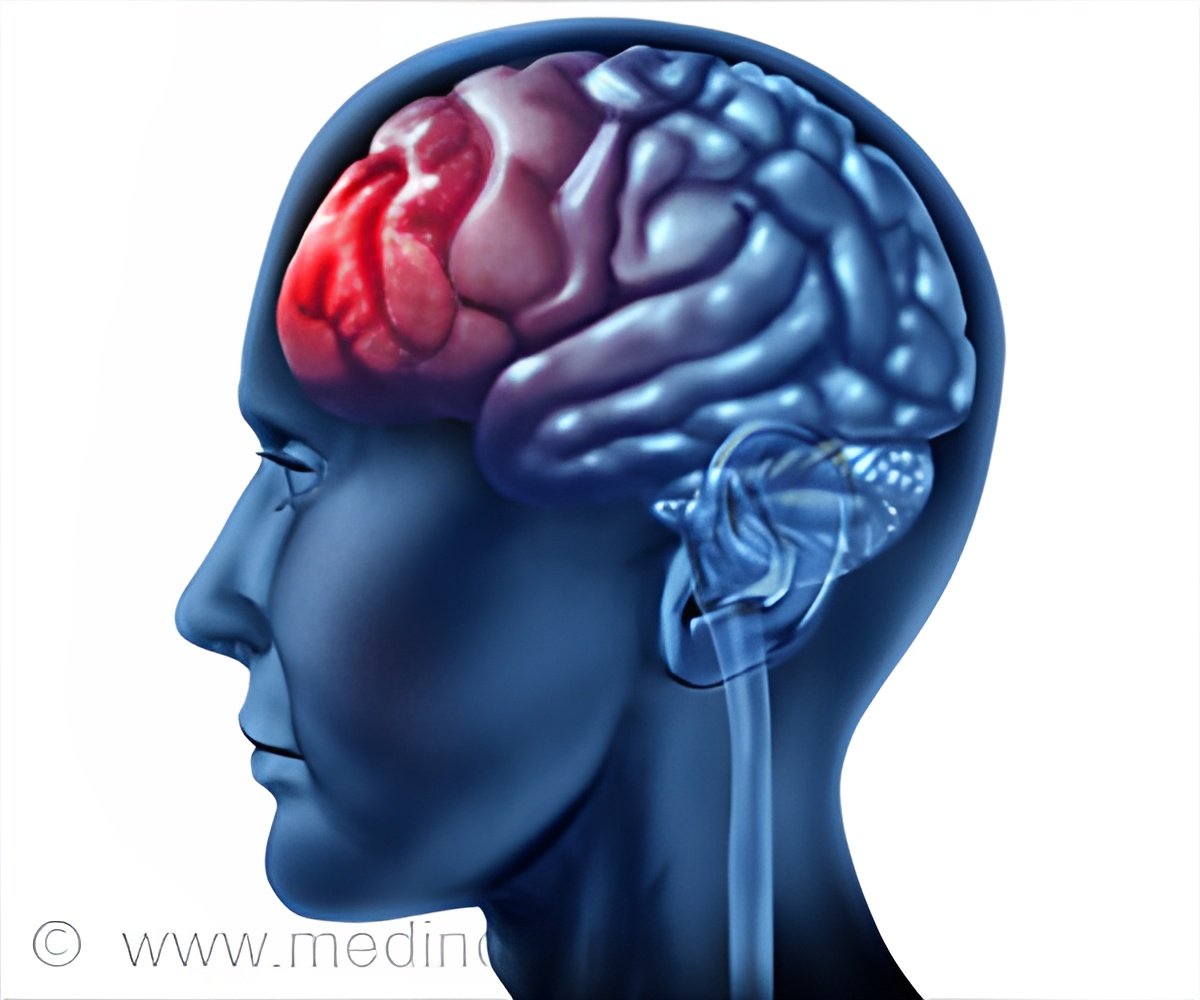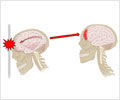
‘Concussion symptoms like fatigue or low energy and drowsiness can be seen in athletes and other people. These baseline symptoms can help predict recovery.’
Read More..Tweet it Now
A concussion is a type of traumatic brain injury which occurs due to a blow to the head or a violent shaking of the head and body. The effects of concussion include headaches, and problems with concentration, memory, balance and coordination, which are temporary and resolve with time.Read More..
According to the international classification system, between 11 percent and 27 percent of healthy college athletes with no history of a recent concussion showed combinations of symptoms that met criteria for post-concussion syndrome. 31,000 student-athletes were surveyed and three symptoms were seen most commonly similar to PCS-like symptoms: lack of sleep, pre-existing mental health problems, and stress.
One-half and three-quarters of all of the athletes surveyed reported one or more symptoms commonly experienced by people who had a concussion. The most common symptoms were fatigue or low energy and drowsiness.
Lead author of the study Jaclyn Caccese, assistant professor in The Ohio State University School of Health and Rehabilitation Sciences said, “The numbers were high, and were consistent with previous research in this area, but it is quite shocking. These are elite athletes who are physically fit, and they are experiencing that many symptoms commonly reported following concussion. So looking across the general population, they'd probably have even more.”
There are multiple sources of the concussion and the post-concussion care is able to identify the symptoms caused by the injury. Additionally it is important to know the medical history and baseline symptom status of the athletes. This can help the clinicians predict which pre-existing factors can contribute to a slower recovery from a concussion.
Advertisement
For the study, 12,039 military service academy cadets and 18,548 NCAA student-athletes who completed the Sport Concussion Assessment Tool symptom evaluation participants were evaluated.
Advertisement
Although the cause or causes of these symptoms can be difficult to determine, the International Classification of Diseases, Tenth Revision uses the term post-concussion syndrome for persistent symptoms following concussion. The symptoms can range from persistent headaches, dizziness and fatigue to anxiety, insomnia and loss of concentration and memory.
Certain symptoms such as dizziness, pressure in the head, or sensitivity to light or noise - others, like fatigue, drowsiness, and even headaches can be more closely connected to concussion than others.
Caccese said, “Perhaps we can create a battery of symptoms more specific to concussion. That is another project in this series - trying to see if there are groups of symptoms or specific symptoms that may be more able to identify individuals with concussion. This hopefully not only shows clinicians that we need to consider how people would have presented before injury, but also provides some normative data so they can interpret other patients' data. We really don't know a lot about why people have persistent symptoms, and it seems to be very variable. So we're trying to understand this better to help predict who will have a prolonged recovery, and who will not.”
Source-Medindia















